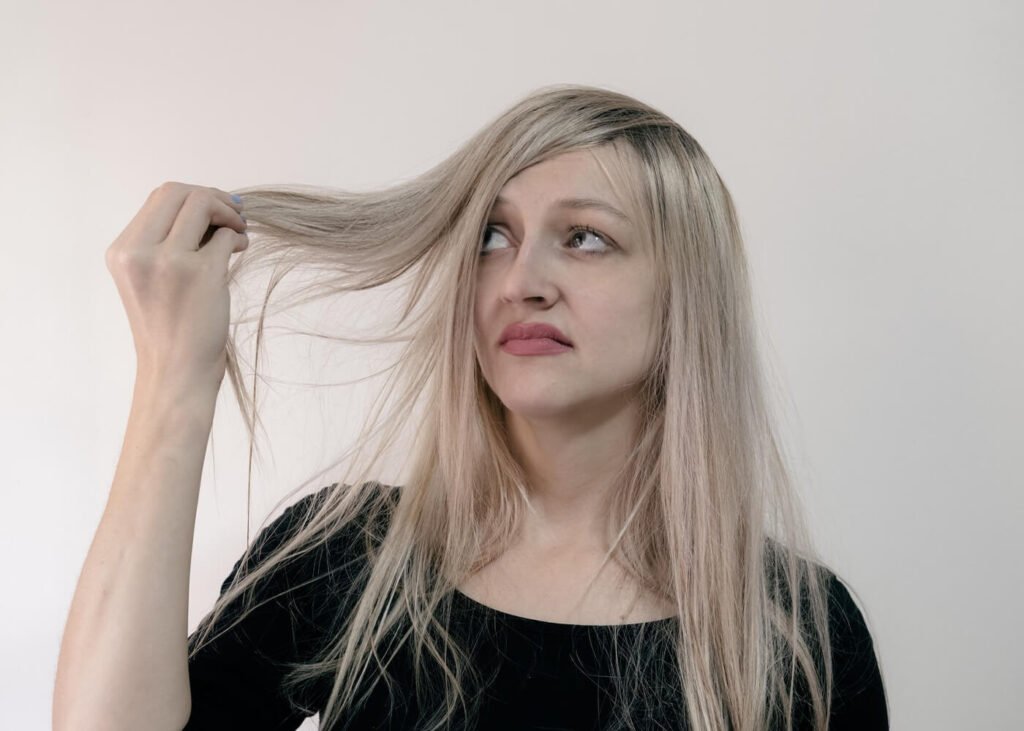


8 Ways nutrition affects your hair growth

3 mins to read
In order to promote healthy hair health and promote hair growth, eating foods rich with important vitamins and nutrition can help keep hair healthy.
Having dry hair and brittle hair is usually an indicator of nutrient deficiencies and if left unchecked, it will lead to hair loss in the long run.
If you begin to notice hair loss and thinning hair where more than the average of 50 to 150 strands of hair begin falling for no reason, then it is time to look at nutritional factors.
Check out this list of common causes where poor nutrition can have a huge impact on hair.
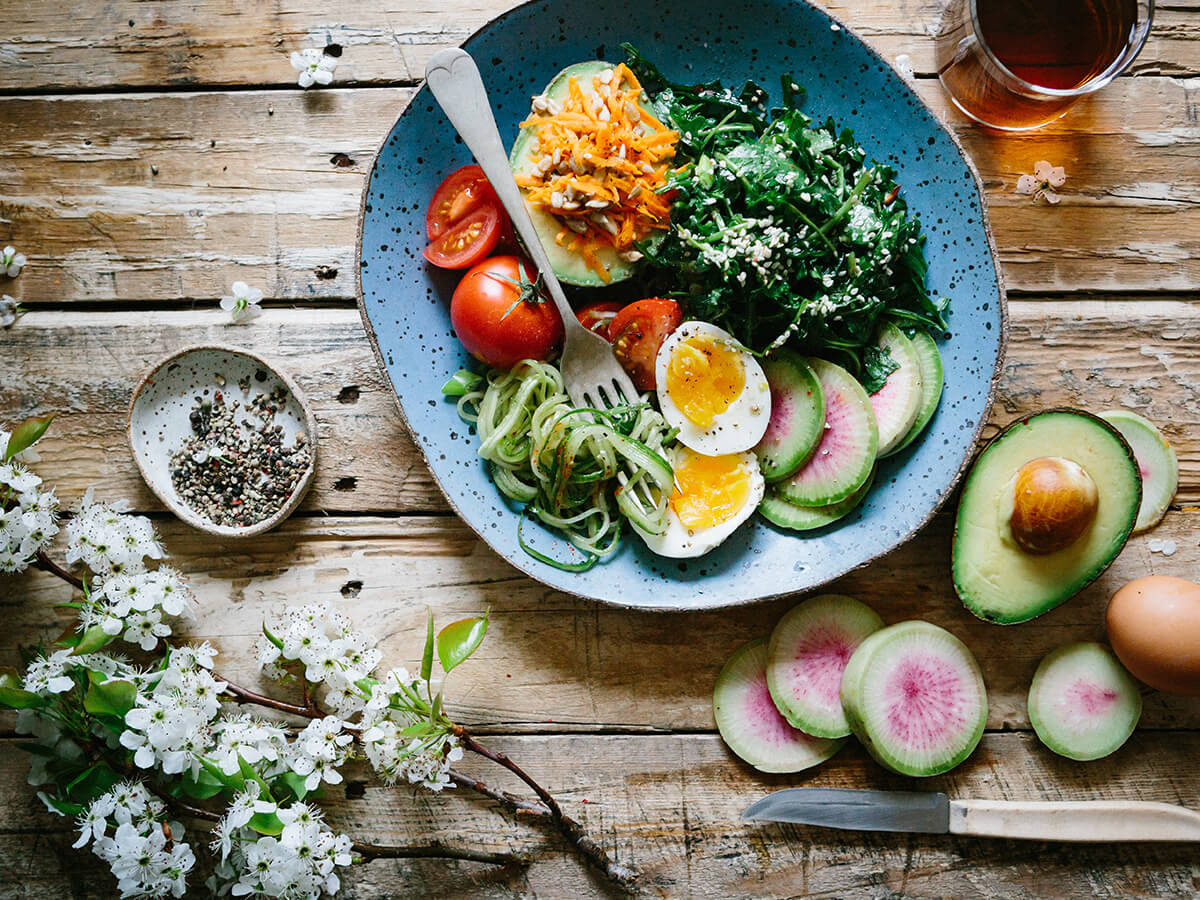
1) You are on a low fat diet
It is important to eat essential fatty acids to improve hair growth and ensure you have a balanced diet.
Amino acids in foods can boost collagen production which helps strengthen hair shafts as enough protein will help decrease shedding.
It can be seen that individuals on a low fat diet often have brittle and limp hair as they lack key nutrients responsible to protect hair follicles.
If you suffer from hair loss, you can try incorporating foods high in healthy fats such as oily fish, olive oil, eggs and avocados to promote hair growth.
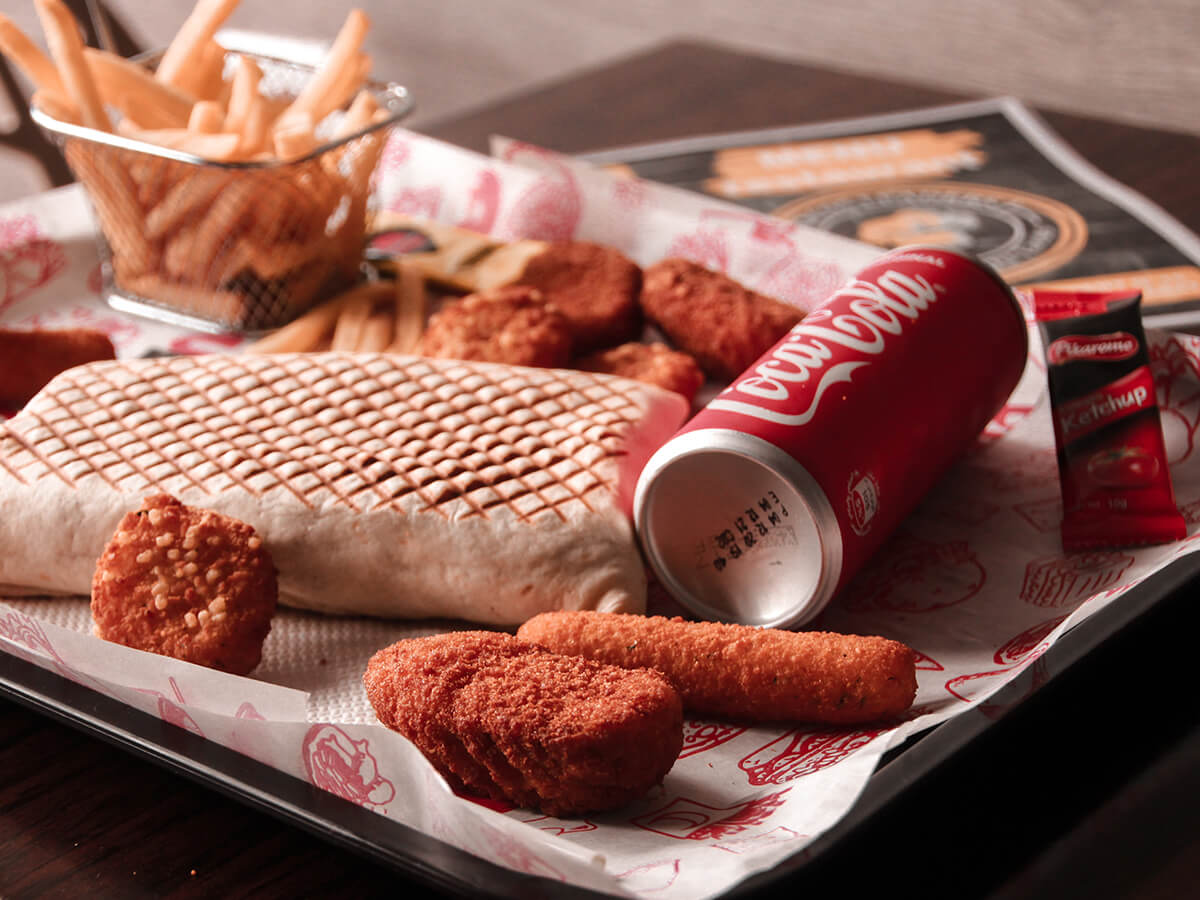
2) Avoid processed foods
Especially when you are on a diet, it is common to look for alternatives at the grocery store to help with weight loss.
There are plenty of meal replacement shakes that can cause hair fall as they often lack nutritional factors in the formulation.
If you are looking to incorporate a meal replacement shake into your diet then the Imperium Ultimate Cleanse Meal Replacement is formulated with whole-food nutrition, patented and potent ingredients of more than 55 highly absorbable and functional ingredients and essential nutrients.
It is also packed with fibre and protein, to support detoxification, cellular repair, and cellular rejuvenation.
Other benefits include maintaining a healthy digestive system, important for detoxification and immune health which is important to support hair growth.
When looking for prepacked foods in the grocery store, you should look at the ingredients list and make sure they have enough protein or other iron rich foods, vitamins and minerals that can provide your body with certain nutrients to assist with hair growth.
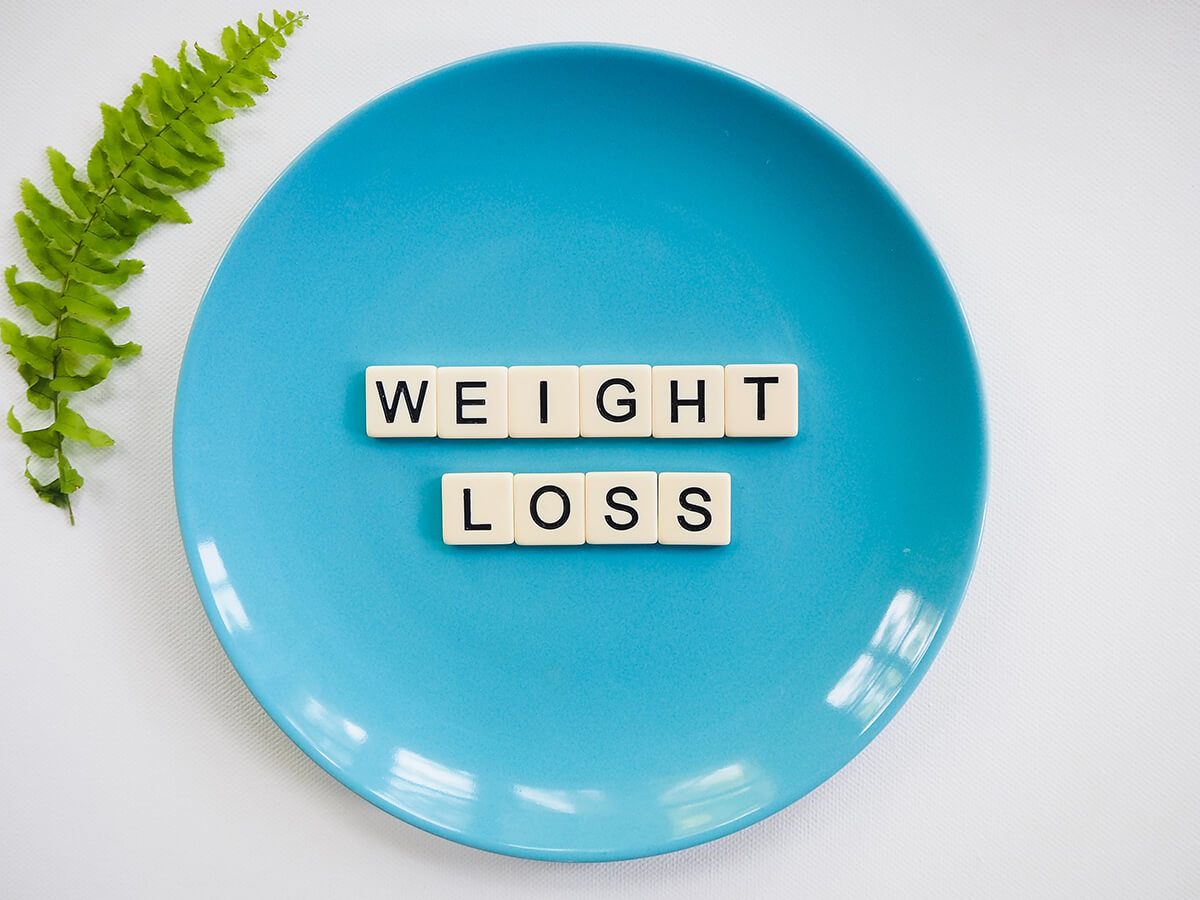
3) You are on a rapid weight loss diet
Fad diets, crash diets, and substantial weight gain or loss usually result in some type of hair or scalp disorder.
You can always visit a trichologist at regrow hair, who are specifically qualified to recognize scalp conditions, lack of essential nutrients, dietary choices, and hygiene patterns that may add to this issue if a person suffers from a form of hair loss.
One of the key factors within the consultation process is evaluating what someone eats as it often affects the normal hair growth cycle when there are nutrient deficiencies.
In order to get strong and healthy hair, a trichologist may recommend a diet rich in omega 3 fatty acids, vitamin c, b vitamins, folic acid, vitamin d, vitamin e and protein from fatty fish which are known to be the best foods for healthy hair growth.
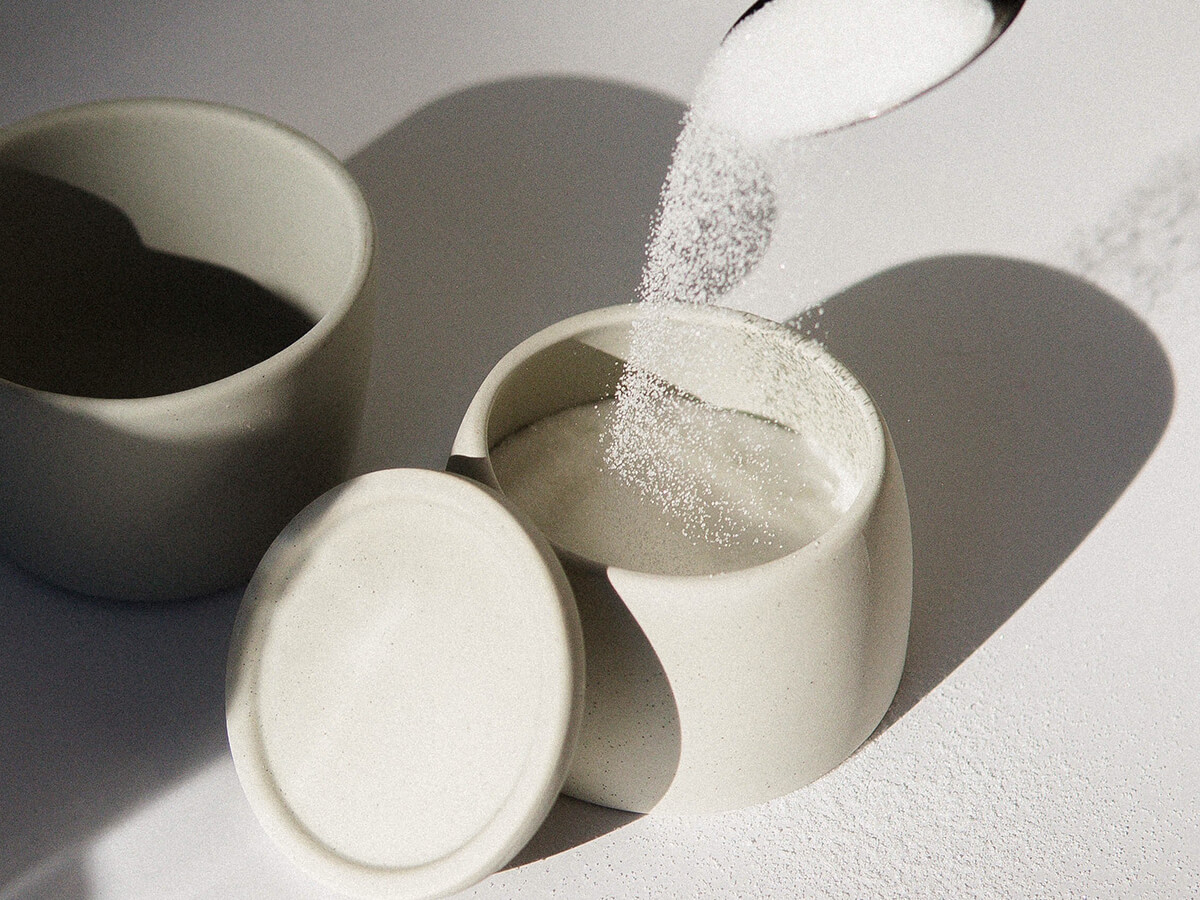
4) You are eating too much sugar
Although you may consume enough protein, sugar is well known to be a protein killer in the body.
As the hair follicles and hair shafts are made mostly of protein, consuming too much sugar along with protein will stifle any efforts to keep hair healthy.
Therefore, you should avoid consuming too much sugar if you want to reduce hair loss and promote hair growth.
Stick to fresh fruits if you love eating sweet things.
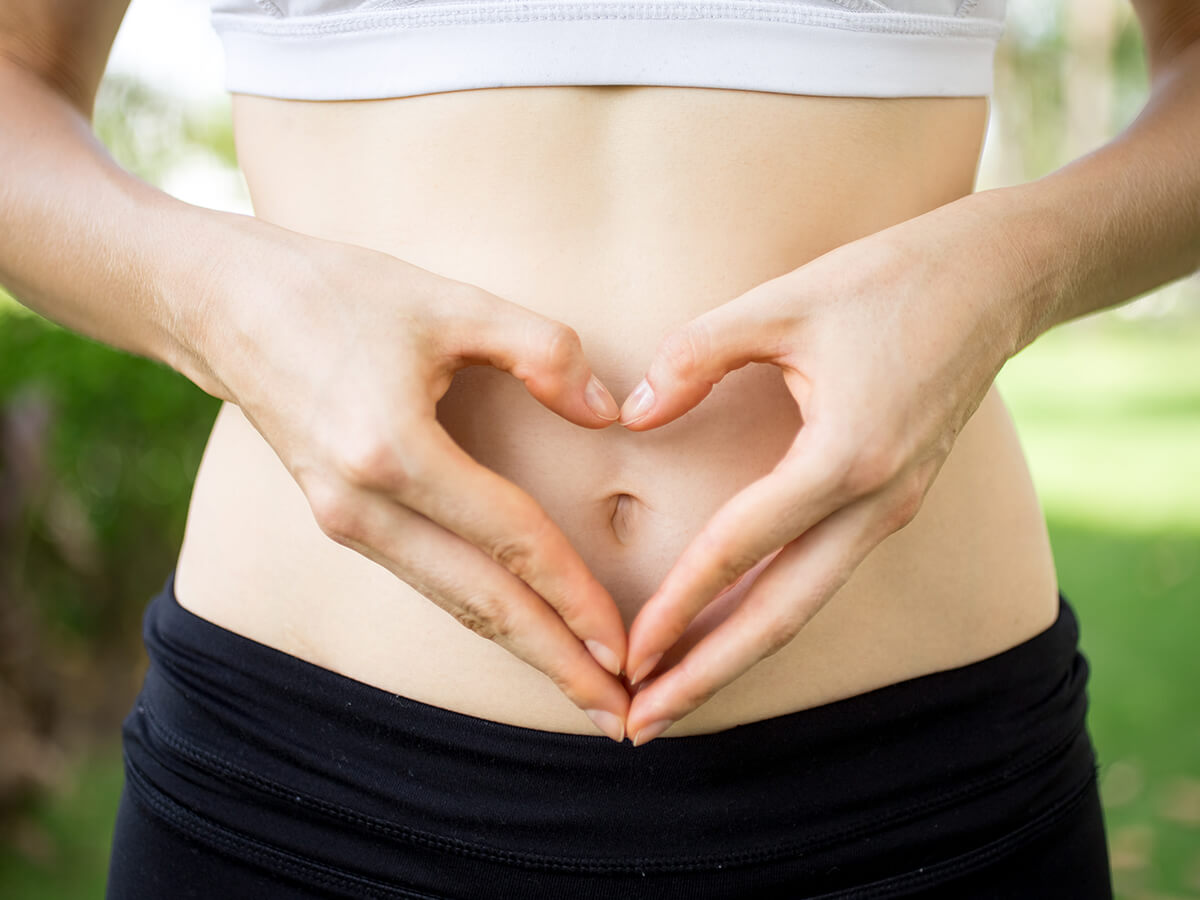
5) Prioritize Your Gut
Having a healthy gut will lead to healthier hair and skin.
You can achieve this by eating enough fresh fruits and vegetables along with whole grains and fibre to ensure your metabolism is performing at the optimum level.
Consuming enough antioxidant foods, and taking a daily probiotic will also help keep a healthy gut which is well known as the second brain in our body.
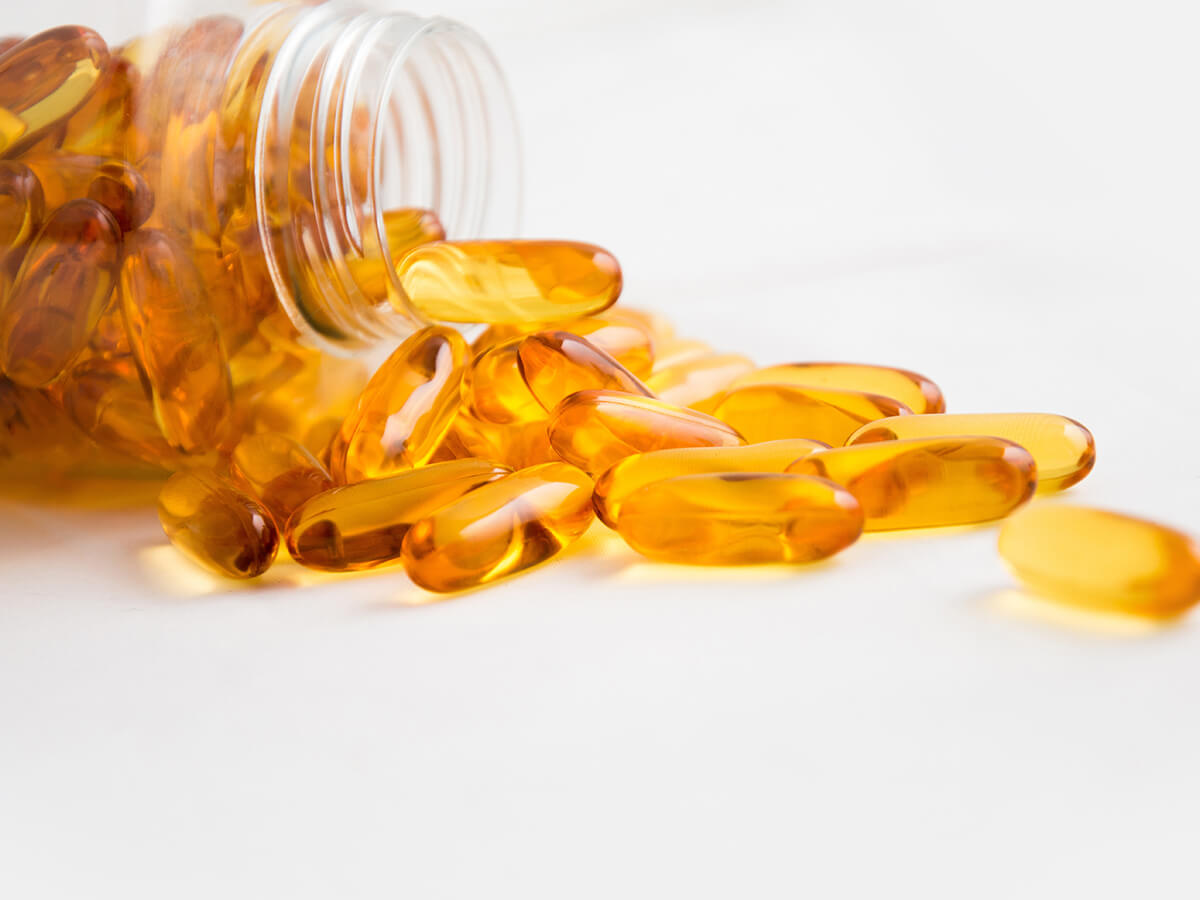
6) You are eating too many vitamin and dietary supplements
If you find your diet is still lacking, popping a hair supplement may seem like a magic wand.
Whilst taking a supplement that claims to support hair growth can benefit overall health, it is not the cure for hair fall.
We may also tend to eat too many supplements which can lead to side effects as our food often contains enough nutrients already.
Therefore it is vital to understand the root cause of your hair loss before self-diagnosing and prescribing vitamins to yourself.
If a nutritional imbalance is serious, a doctor will likely prescribe supplements to bring you back to equilibrium or recommend specific vitamins and antioxidants that your body needs.
You should consult a board-certified dermatologist prior to eating any supplements for hair growth.

7) You should drink less alcohol
There is a correlation between alcohol intake and how it can affect hair health.
This is because chronic alcohol intake can negate a healthy diet as it lower concentrations of important vitamins and minerals and can disrupt the absorption of nutrients.
Alcohol also doubles as an appetite suppressant, meaning that it often replaces food in someone’s diet and also cause someone to make poor food choices, decreasing the overall, necessary nutrient intake to maintain healthy hair follicles required for growing thicker hair.
Therefore, if you are looking to reduce hair loss and improve hair health, you should reduce your alcohol intake.
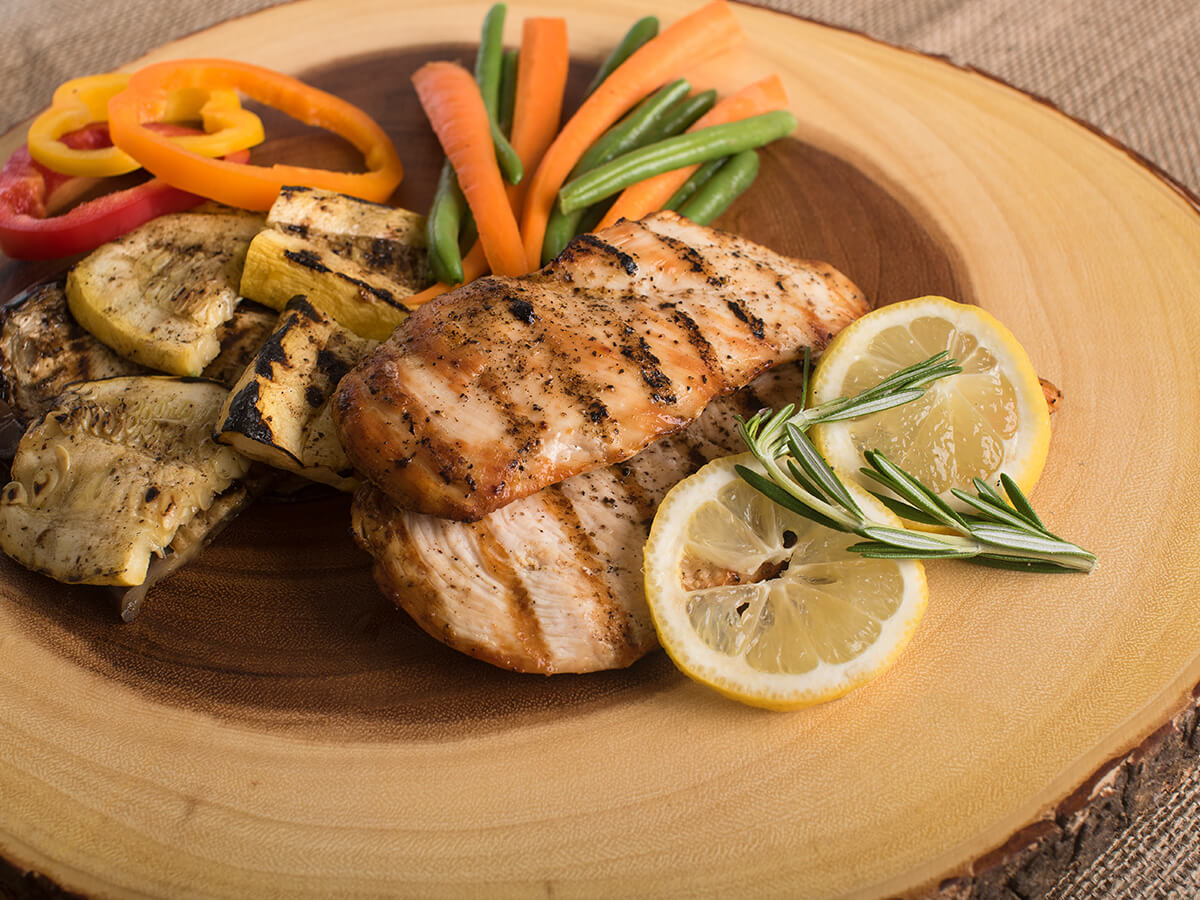
8) You don’t eat enough protein (especially as a vegan)
When a diet changes significantly especially switching from one that includes meat to one that is plant-based, it may initiate hair loss or lead to dullness.
To avoid or minimize such a circumstance, you can consult a dietician before making any big dietary changes to ensure your nutritional intake remains adequate and balanced during and after the transition.
Nutrition-Related Hair Loss Can Be Reversed
Provided that a poor diet is the major contributing cause to hair thinning or loss, tweaking your diet to become healthier and more balanced and taking doctor-guided supplements should help hair bounce back to a healthy state.
However, after the excessive shedding has stopped, it usually takes two to three months for the hair to start growing back.
At that point, you can expect your locks to grow around half an inch per month.
-
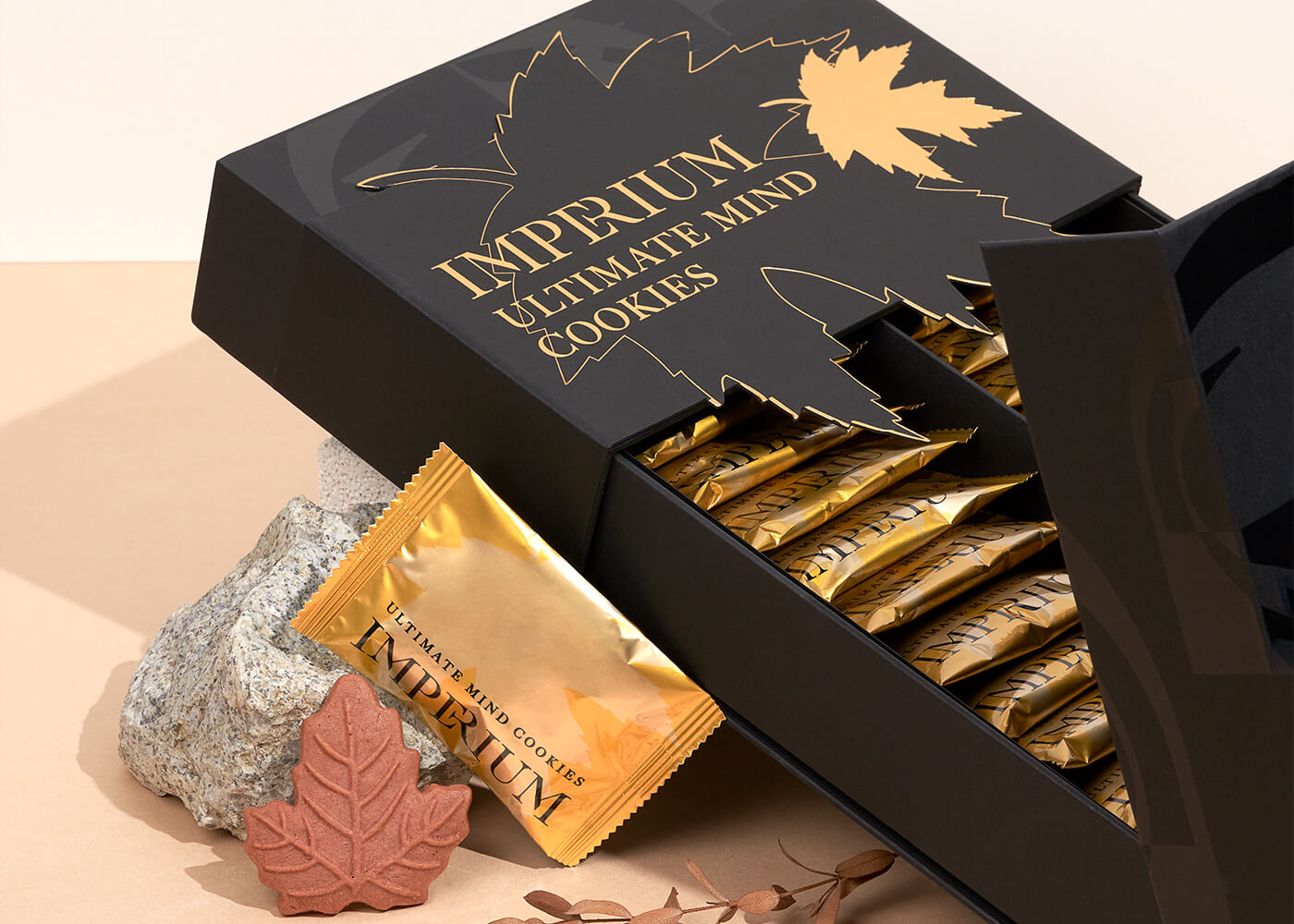
Ultimate Mind
Kick start the day with a packet of Ultimate Mind to boost memory and concentration throughout the day. The Ultimate Mind Cookie is a healthy snack that promotes memory, concentration, and cognitive function. BUY NOW How Do the Brain and Mind Function? The brain is the control centre for the body. It regulates all of […]
-
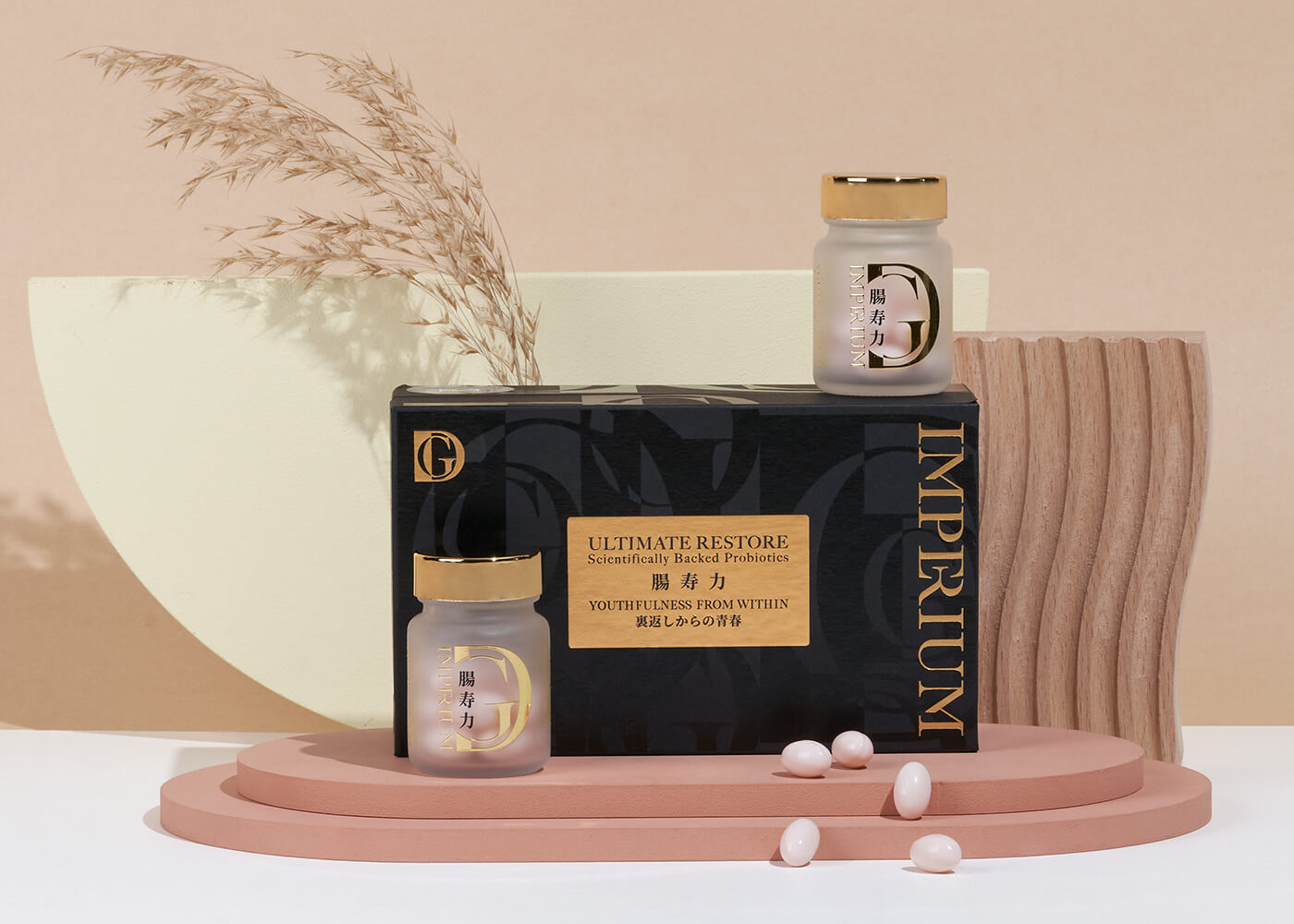
Ultimate Restore
Why is a Healthy Digestive System Important? Good digestive health is essential for good overall health. Your digestive system is responsible for breaking down the food you eat, extracting nutrients, and eliminating waste. The digestive system includes the mouth, oesophagus, stomach, small intestine, large intestine (colon), rectum, and anus. The entire length of the digestive […]
-
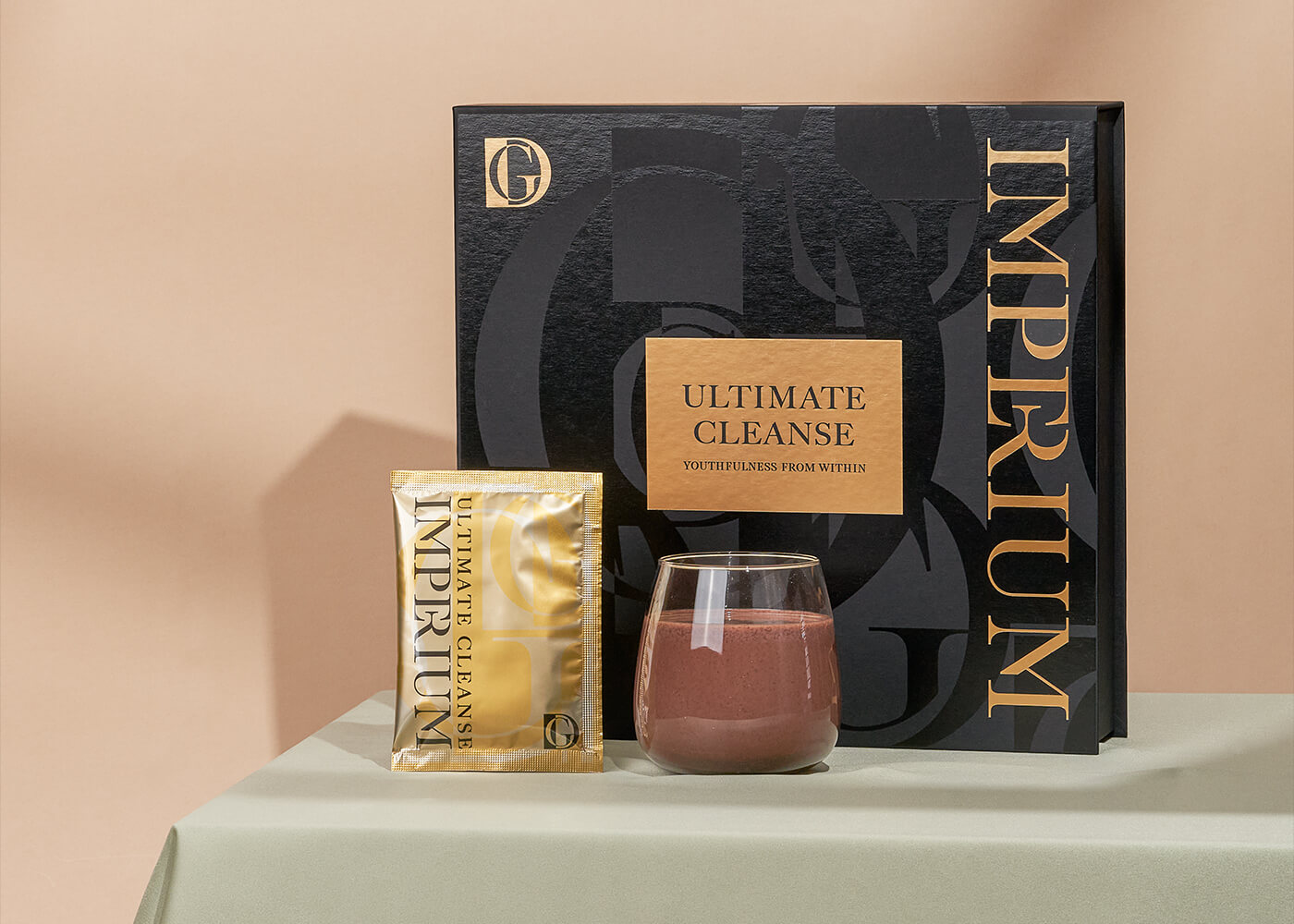
Ultimate Cleanse
The Ultimate Cleanse Meal Replacement is formulated with whole-food nutrition, patented and potent ingredients of more than 55 highly absorbable and functional ingredients and essential nutrients. Packed with fibre and protein, to support detoxification, cellular repair, and cellular rejuvenation. Benefits include maintaining a healthy digestive system, important for detoxification and immune health. Why is a […]